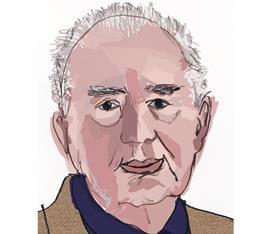The very disparate cases of John Worboys, Jon Venables and Ben Stokes (pictured) highlight some of the topical problems of the criminal justice process.

Taking Stokes’ case first, last week the England cricketer was charged with affray over an alleged incident outside a nightclub in September. He denies the charge. The question is, how long does it take to decide whether one or more (or any) people should be charged?
In recent years there has been a very disagreeable tendency for people to be arrested and then weeks, months and even, seemingly, years later for an announcement to be made that there will be no charges brought.
What seems to be happening today is that the arrest takes place and then the police try and find evidence – when it should be the other way around.
The Worboys case produces some very different questions. Here was a man convicted of a string of sex attacks who received a minimum sentence of eight years. At the time, a number of other women came forward to say they also had been attacked but – presumably because the DPP thought there was insufficient evidence to proceed to trial – he was not charged with these offences. Now, something like 10 years later, we are told that he is no longer a danger to women and is to be released.
So there is a public outcry. People want him charged with the other offences. Is the evidence any stronger now than a decade ago? If he is now no longer a danger – something we must take on trust – is it right that there should be further charges brought now? If he is convicted should he receive any new sentence? If he had been convicted of half a dozen more cases at the time of his trial would he have received a longer sentence?

Which brings us to the Venables case. Why is he being tried in camera? Because he cannot receive a fair trial otherwise? Would Worboys? Or would he also be tried under a new name and out of sight? If Worboys were to be tried under his name is it possible he would receive a fair trial from a jury?
It is all very well to say a judge will tell jurors to put what they have read and heard out of their minds, but in such an extreme case can they really do so? Judge alone – is that the way we want to go?
It should never be forgotten that hard cases make bad law.
James Morton is a writer and former criminal defence solicitor































1 Reader's comment